A strong social media policy will help protect your brand. It isn’t something you add in later – all great social media programs have a strong ethics policy at their foundation.
And now thanks to a lot of hard work and collaboration from the members of SocialMedia.org, creating yours will be much easier. That’s because today they’re releasing a completely updated edition of their Disclosure Best Practices Toolkit.
The Toolkit – a widely downloaded, open source, member-written guide to creating a social media policy – now includes updated language to cover all social media platforms and three new checklists specifically designed to answer questions raised by the FTC’s new guidelines.
New checklists include training employees and advocates on disclosure, ethics questions for vendors, and best practices on monitoring and responding to disclosure problems.
When the first Toolkit was released in 2008, many members of the social media community saw these issues as a matter of opinion or intellectual debate. But with the FTC’s October 2009 release of the Guides Concerning the Use of Endorsements and Testimonials in Advertising, it’s clear that proper social media ethics are a matter of law, not personal preference.
The good news: The FTC says that one of the clear protections for your company is a social media policy. With the help of this Toolkit — which has formed the basis for hundreds of social media policies used by companies today — you can create one for your brand.
How to use it:
- Walk through the checklists with every department using social media, ask the tough questions, and then create something that works for your company.
- Take it and make it your own.
- Work your policy into your formal training program.
And remember: SocialMedia.org is not creating or proposing new industry standards or rules (SocialMedia.org is not an association, regulator, or standards group). Members are simply sharing their learnings with a wider audience.
Get the Toolkit:


